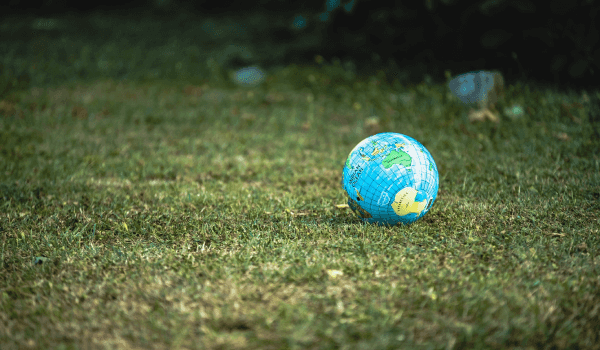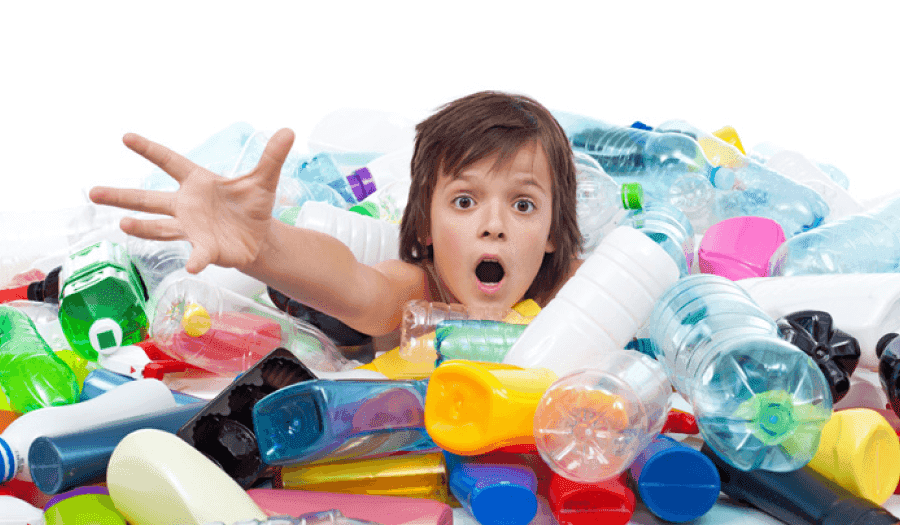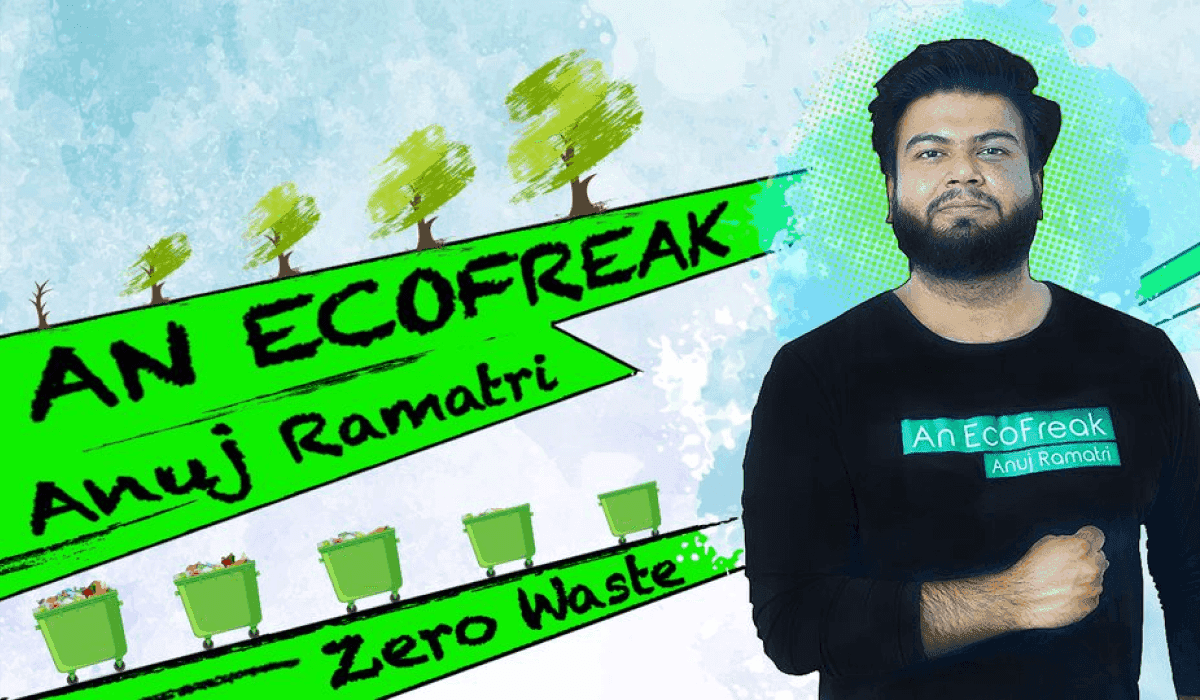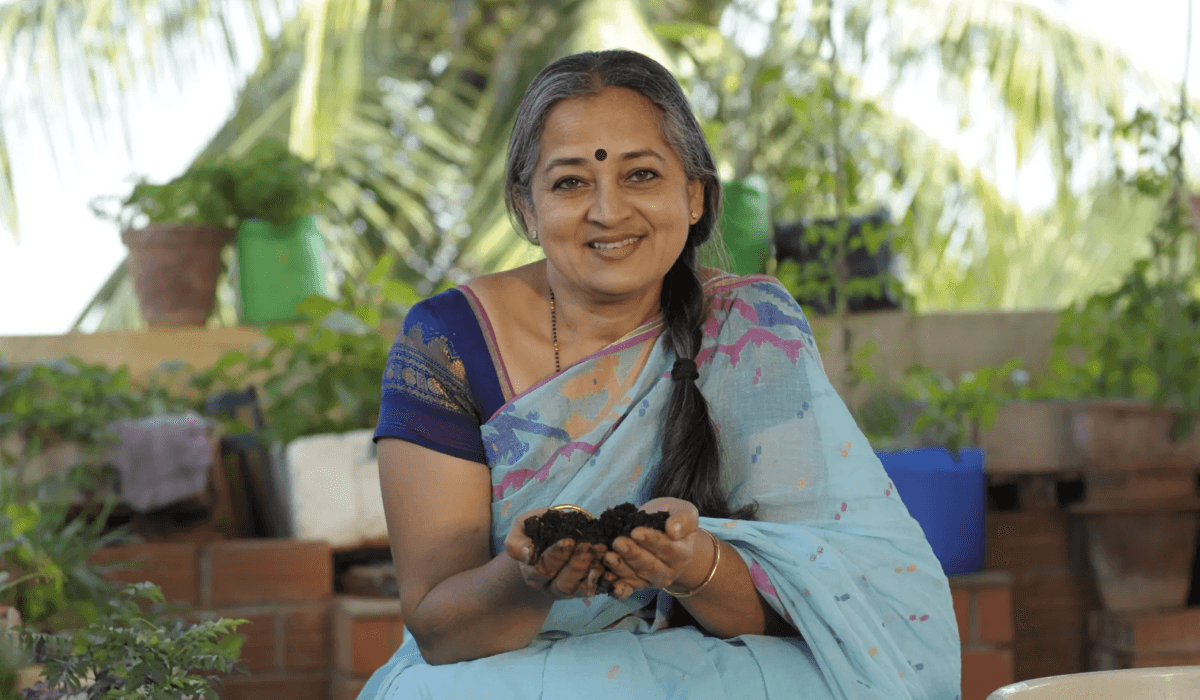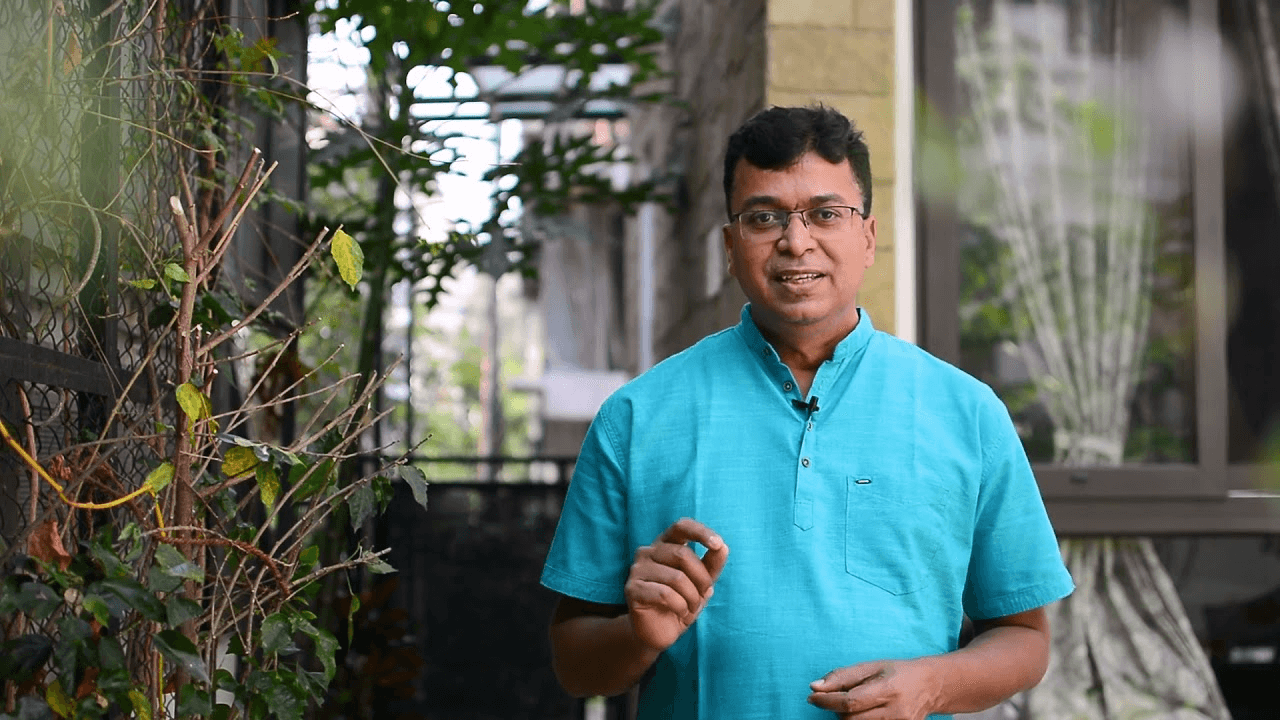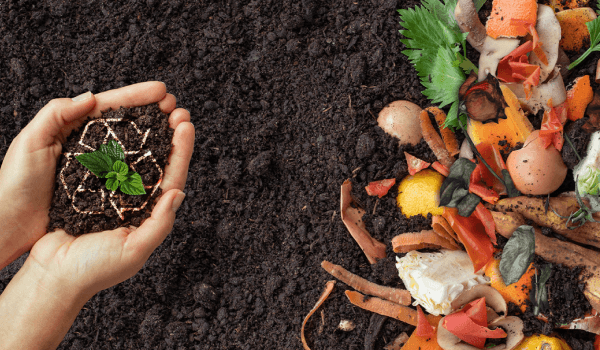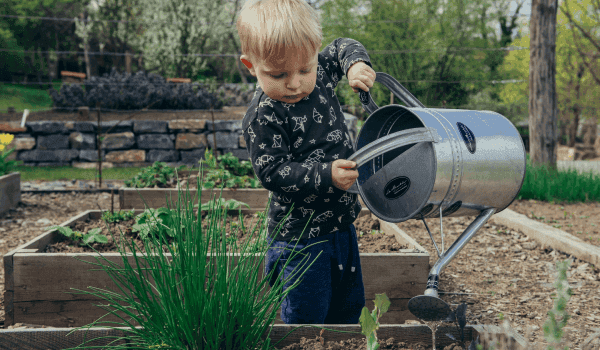12 hours ago

Tweet

Share

Share
The benefits of opting for paper products instead of plastic.
When you buy food or household items, do you ever wonder if the product is biodegradable? Or are you concerned about the environmental impact of plastic? If so, then it's time to start thinking about switching to paper products. Paper is a renewable resource that can be used again and again without depleting our planet's resources. It also doesn't require manufacturing processes as complex as those required by plastics—making it an ideal alternative when choosing between plastic and paper packaging options
Paper products are better for the environment than plastic.
Paper products are better for the environment than plastic. The process of recycling uses energy and water, which when added up can be harmful to the planet. Plastic is made from oil that takes millions of years to decompose in landfills or oceans, where it eventually breaks down into smaller pieces that can then be absorbed by animals and humans who eat them (or worse).
Some people are allergic to plastic or can't handle the chemicals that go into plastic.
Many people are allergic to plastic or can't handle the chemicals that go into plastic. For example, if you're allergic to certain ingredients in your food, then it's best not to consume them at all (like peanut butter). If you're sensitive to chemicals like BPA (bisphenol A), which is found in some plastics, then eating foods with BPA-containing packaging may cause health problems such as headaches and nausea.
Plastic takes a long time to degrade naturally and doesn't biodegrade at all.
Plastic is a major source of pollution. It takes hundreds of years to break down and does not biodegrade at all. This means that if you throw away your plastic bottle, straw or bag, it will continue to pollute our environment for centuries to come.
Plastic also poses a threat to wildlife such as birds and turtles who mistake it for food or confuse it with their natural nesting materials because they cannot see through the transparent plastics used by humans today. Some animals have even died after ingesting small pieces of plastic that had been mistaken for jellyfish by gulls!
Paper has less impact on the earth when it's recycled.
- Paper is biodegradable.
- Paper can be recycled more times than plastic.
- Paper is more environmentally friendly than plastic.
Paper is a renewable resource, which means that it doesn’t take a lot of energy or resources to produce paper in the first place (and then again every time you want to make new paper). Plastic on the other hand takes a lot of energy and materials to create and manufacture each piece of plastic—even when you recycle it your efforts still aren't enough to keep up with how much we use!
Paper can be easily composted.
- Composting is a natural process.
- Composting is the best way to dispose of paper waste.
- Paper can be composted in your home or backyard, and it will take about two months for your finished product to be ready for use.
Paper is useful in composting.
- Paper is a renewable resource.
- Paper can be composted.
If you're looking to reduce your environmental impact, paper is the way to go! It's biodegradable and will degrade in nature over time into soil or water, just like any other natural material would.
Using environmentally-friendly paper and packaging is better for the environment than using plastic
You may be wondering why using paper products instead of plastic is better for the environment. The answer is simple: unlike plastic, which is non-biodegradable and not recyclable, paper can be recycled many times over. It does this by breaking down in nature with minimal impact on our environment.
Another reason to consider going green with your trash can? Paper doesn't need to be incinerated because it breaks down into carbon dioxide and water vapor when exposed to sunlight or heat (which makes sense if you think about it!). This means that when you throw away old issues of magazines or newspapers in your recycle bin at home or work, they'll actually help clean up all those nasty toxins!
There are plenty more benefits associated with recycling—and even composting—your old materials as well (like keeping them out of landfills). So next time someone asks what's wrong with plastic bags at the grocery store checkout line...just tell them about how much better things could be if we used more environmentally friendly options instead!
Conclusion
If you're concerned about the environment and want to help our planet, you may want to consider using paper products instead of plastic. With so many benefits, it's easy to see why this is a great idea for both your health and the planet!









